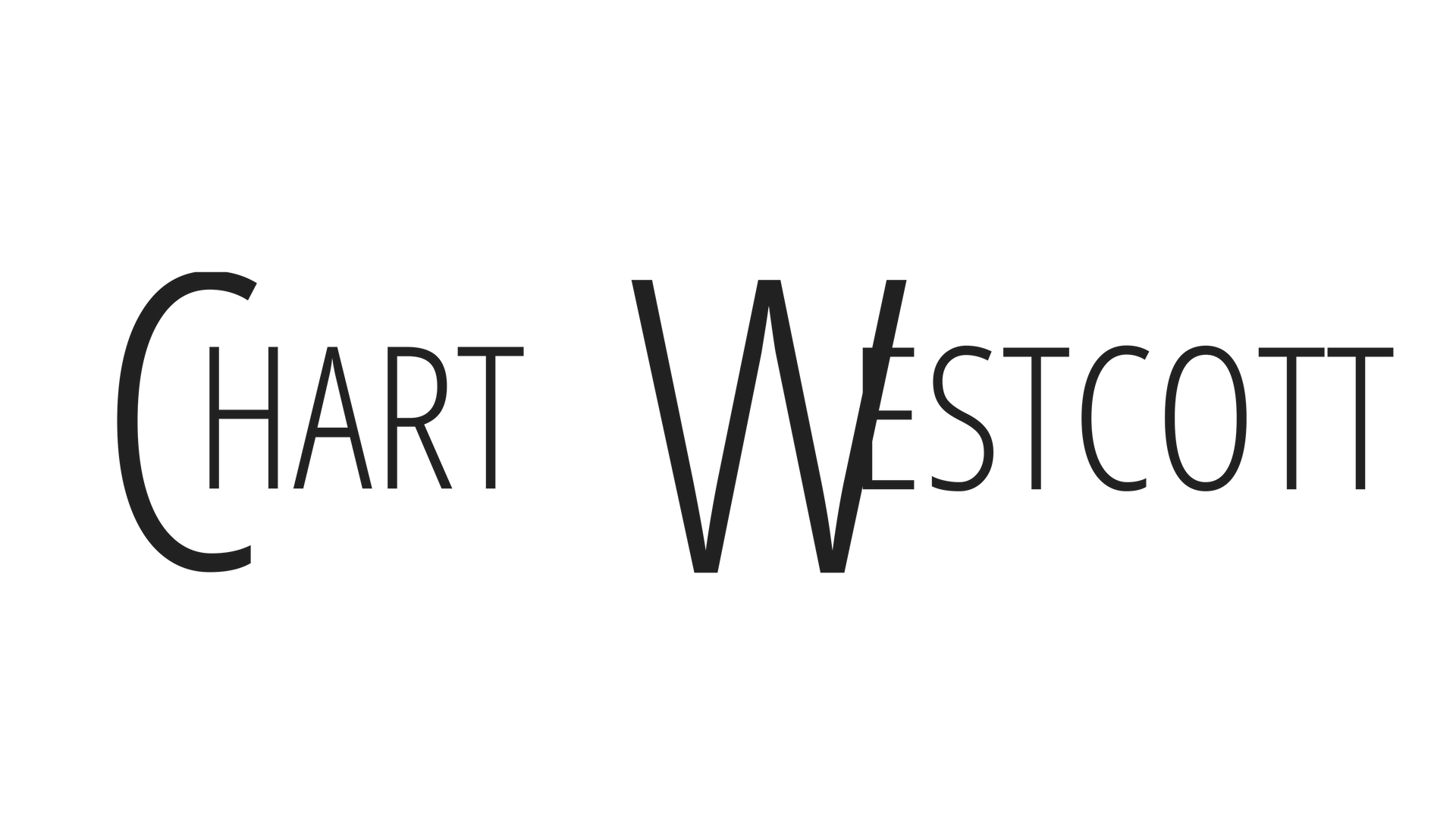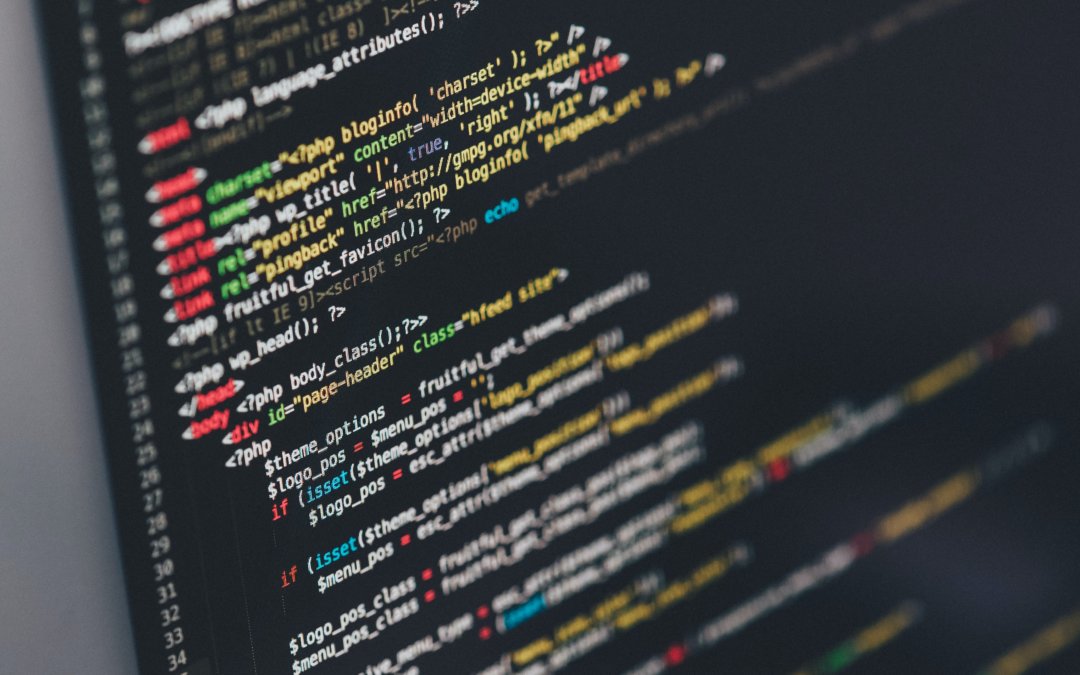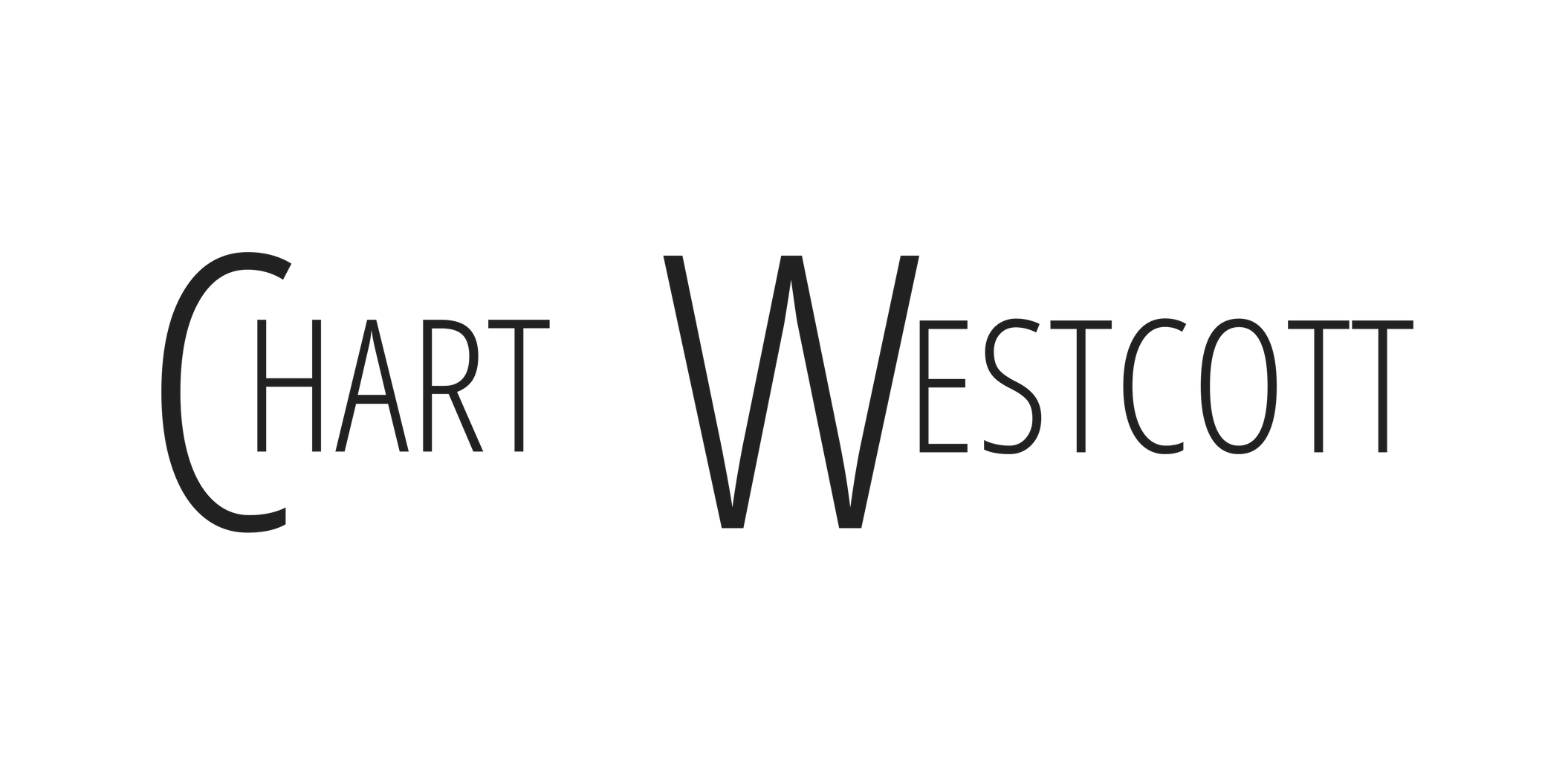If you’d like to learn how to code, taking your steps into the complicated environment can be seen as incredibly scary or daunting. Becoming proficient or advanced in coding doesn’t require crazy expensive equipment or large amounts of money. In fact, there are many inexpensive or free options to look into.
Take a few moments to think about the reasons why you want to learn a programming language. Be honest with yourself. Is it for your career or for your job? Are you looking for a lucrative side hustle? Or perhaps you’re incredibly interested in a lucrative side hustle? Or maybe it’s all just for fun? Whatever it may be, your choice will guide how you go about the process. Your answer can also help determine which programming language you may want to master. As well as what sort of commitment your goal may require. For example, if your dream is to develop the next great operating system or an editing alternative to the Adobe suite, you would benefit from a formal computer science education that teaches you C++. You may need more complex topics like data structure or algorithms.
On another avenue, if you’re a mid-career professional looking to transition into a tech career, a short-term coding boot camp might make more sense than going into debt for another degree. Once you figure out why you want to code, you can pinpoint which language you should tackle. While there is no single ultimate programming language to learn, some programming languages are more user-friendly than others. CSS and HTML are considered the most accessible entry points into the coding world, but they are only handy for developing basic websites.
Check out our follow up article next month on further insight into understanding and learning code.



